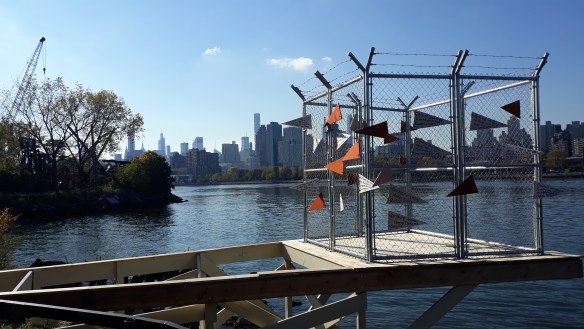Don’t touch it! Leave it like it is.
Leave it before you measure and weigh it and see what it is and all that.
Just let it be. At least for a while.

Over ten years ago, I decided upon Anori as the title for the first book of The Cx Trilogy. Meaning ‘wind’ in Greenlandic, the word is an apt metaphor for a number of themes of the book, including the acceptance of change. I was happy to learn recently that a Greenlandic wind turbine company used the name.

I was less happy to scroll through the film titles on my Air Greenland flight to Ilulissat and find a romantic drama of the same name.

And so that was it; no more Anori for me. My replacement title is Em, who is the clone of the main character, Dee.

It’s early yet, but I like the concept for now.
As I’ve mentioned in previous blogs, researching a book is a state of bliss. Jon Gertner’s The Ice at the End of the World is no exception, detailing a history of European exploration on Greenland’s ice sheet over the past couple of hundred years.
The details of various expeditions including Fridtjof Nansen’s intial crossing in 1888 and Knud Rasmussen’s establishment of Thule at the northern-most tip are fascinating as the description of scientists Georgi and Lowe spending an entire winter dug into the middle of the ice sheet.
However most interesting to me personally is the description of the Jakobshavn Glacier calving several icebergs in two days, cutting five miles from the glacier’s front, in 2015.

I had visited the glacier at that very same time and witnessed the result of the calvings, Disko Bay suddenly clogged with ice as far as the eye could see.

It was a stunning thing to witness, almost apocalyptic, the entire world transformed in moments.
“What’s a Qivittoq?” Dee was getting unbearably cold now, the chill entering her body like it would never leave. “What’s that?” (Extract from Anori)
Choosing the most effective word can be painfully tedious. Is she really unbearably cold? What about terribly cold? Desperately cold? What word translates the feeling for how cold she is? One word works and the other. It goes back and forth in the edit, until the word works as it should. Whatever that means.
A much more immediately satisfying part of writing is the research. Anori is speculative novel set in Greenland and so futuristic elements as well as aspects of Greenlandic culture are needed to develop the setting.

A Qivittoq is a mythological, often evil creature – akin to the Ojibway’s Wendigo – is derived from the custom of banished a person who violates the sacred codes of society.
Thule Air Base also came up in my research, a United States military camp where a B-52G Stratofortress loaded with nuclear weapons crashed in 1968. This led me to think that nuclear weapons might have created a Qivittoq or two.

Other research for Anori included Earth-out-of-view Syndrome (a psychological disorder when one can no longer see Earth), O’Neil Cylinder (mining asteroids in space), Cave Swallows (birds in the Yucatan), dry dock (lifting boats out of the water for repairs) and cantilevers.

The trick of effective research is not allowing it to completing distract the work at hand… unless a book on the trivia of research is to be launched. (Is there a market for that?)
Social Widgets powered by AB-WebLog.com.